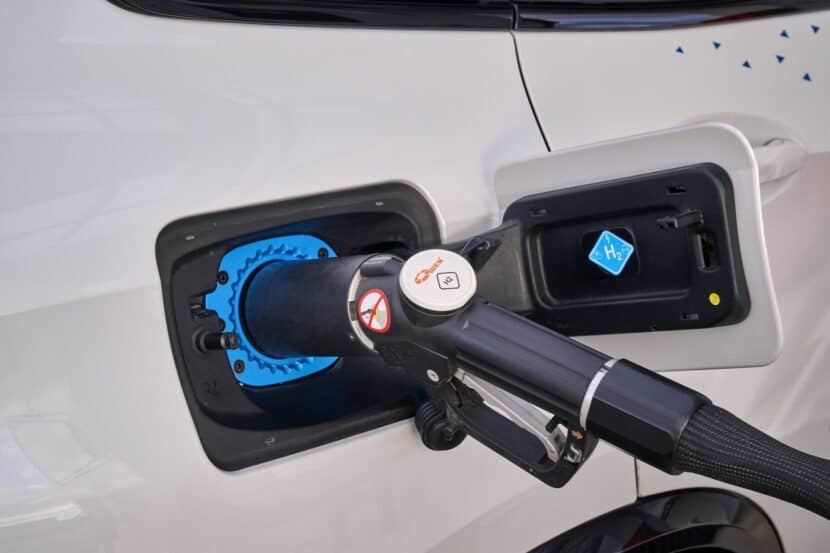BMW has been working on hydrogen vehicles since 1979 when it developed the 520h, a 5 Series E12. It had a combustion engine modified to run on hydrogen – a formula that evolved over the decades with subsequent prototypes. The best-known examples were the 750hL (E38) from 2000 and the Hydrogen 7 (E65) from 2006.
However, things changed in the 2010s when BMW engineered a 5 Series Gran Turismo with a fuel cell instead. At that point, the German luxury brand had already been working with Toyota. During the same decade, there was also a lesser-known experimental i8 hydrogen fuel-cell prototype. BMW stopped pursuing hydrogen cars with combustion engines many years ago. In 2028, a series production fuel cell electric vehicle will finally hit the market, and it’ll be “outstanding.”
A new official video released this week celebrates the deeper relationship between Toyota and BMW. We get to hear Frank Weber, a member of the Board of Management, hype up the hydrogen project four years before the first car of its kind goes on sale. All the hydrogen vehicles that carried the roundel were never sold to customers, but this one will.
“Toyota is providing their expertise for the individual fuel cells and BMW are providing our expertise for the powertrain integration and for the powertrain system. The outcome will be outstanding.”
Frank Weber goes on to say the undisclosed model will be “an exceptional car, just like every other BMW.” As previously reported, we believe the vehicle in question is likely to be based on the next-generation X5. The luxury SUV will switch to the “G65” codename in the second half of 2026 but the hydrogen variant should debut a couple of years later in the life cycle. All X5 flavors will stick to the CLAR platform, including a battery-powered electric variant.
Meanwhile, the adjacent video refreshes our memory about the benefits of a hydrogen car. It takes just about as much time to refuel as a combustion-engine car. The range isn’t too shabby either as the iX5 can do 313 miles (504 kilometers) before refueling. Logic tells us BMW and Toyota can improve that between now and 2028.
As to where people will refuel their hydrogen cars, that’s a different story…
Source: BMW






































































